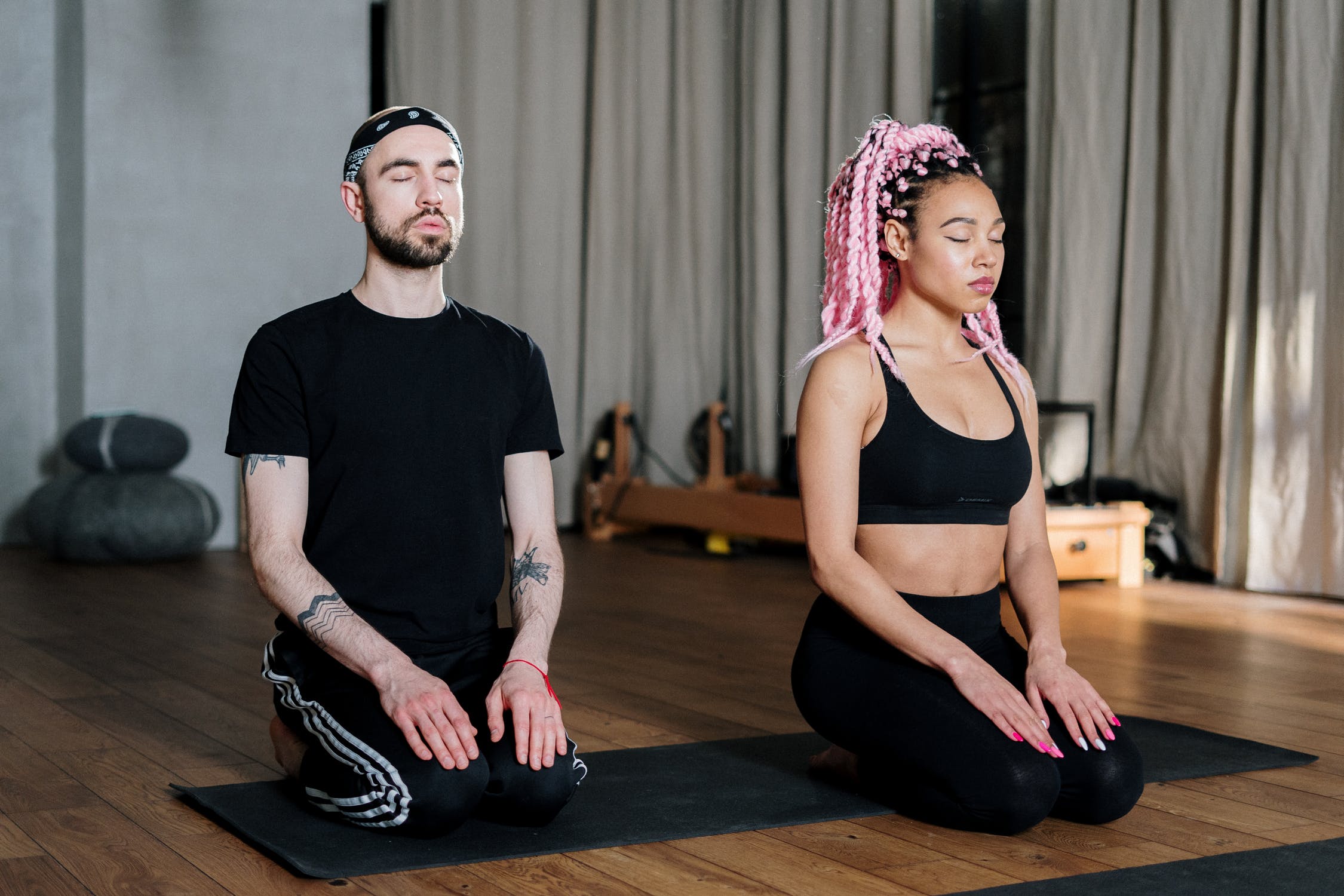Our studio:


With its emphasis on breathing practices and meditation—both of which help calm and center the mind— it’s hardly surprising that yoga also brings mental benefits, such as reduced anxiety and depression. What may be more surprising is that it actually makes your brain work better.
When you lift weights, your muscles get stronger and bigger. When you do yoga, your brain cells develop new connections, and changes occur in brain structure as well as function, resulting in improved cognitive skills, such as learning and memory. Yoga strengthens parts of the brain that play a key role in memory, attention, awareness, thought, and language. Think of it as weightlifting for the brain.
Studies using MRI scans and other brain imaging technology have shown that people who regularly did yoga had a thicker cerebral cortex (the area of the brain responsible for information processing) and hippocampus (the area of the brain involved in learning and memory) compared with nonpractitioners. These areas of the brain typically shrink as you age, but the older yoga practitioners showed less shrinkage than those who did no yoga. This suggests that yoga may counteract age-related declines in memory and other cognitive skills.
For 1/2/3 Trimester
Learn in a safe, supportive, personalized environment
Group Yoga classes are a great way to share and explore technique and movement while building upon the collective energy in the room.
The first element of Nature Yoga is simply taking the practice outdoors.
Here are the best online yoga classes
Ages 6 to 12
A mantra is a syllable, word, or phrase that is repeated during meditation. Mantras can be spoken, chanted, whispered, or repeated in the mind. Most mantra meditation techniques have two essential components: mindfulness meditation and mantra recitation or chanting. While this age-old practice is known to have Buddhist and Hindu roots, forms of “sacred word” recitation exist within a great variety of spiritual traditions, including Judeo-Christian and Shamanic. Nowadays, mantra practice is also gaining popularity as part of secular mindfulness practice.
People do mantra meditation for different reasons. For some, it serves as a kind of mental protection against unwelcome distractions or emotions, as when battling sleeplessness or coping with fears associated with travel. For others, mantra meditation serves a deeper spiritual purpose. In certain Hindu and ancient Christian traditions, for example, mantra recitation is used to focus the mind-heart and connect with the divine, both within and without. In Buddhism, one of the benefits of mantra recitation is that it helps keep the mind focused and receptive to the blessings of the present moment. As Buddhism is a non-thesitic tradition, mantra serves to evoke positive qualities and confidence rather than an external deity.
1. Find the best mantras to suit your intention
2. Get comfortable and remember your intention
3. Next, sit correctly and focus on your breathing
4. Chant your mantra
Earth, Water, Fire and Air: the four elements that make up not only the natural world but every human being, body and mind.
According to yoga, these elements are at play in all of the manifestations. The stability of the Earth, the fluidity of Water, the transformative power of Fire and the expansiveness of Air… They are constantly dancing in all of us. We all have all of them, but your own balance of the four elements is uniquely your own.
Yet knowing your predominant element can give you a clearer understanding of yourself and perspective when interacting with others.

Photos: from www.freepik.com, www.pexels.com and all materials: www.blog.myfitnesspal.com, www.health.harvard.edu, www.mindworks.org, www.aumtantrayoga.com, was taken for educational proposes.